GBA Healthcare Working Group Launches Blockchain Project (Organ & Blood Donation Blockchain)
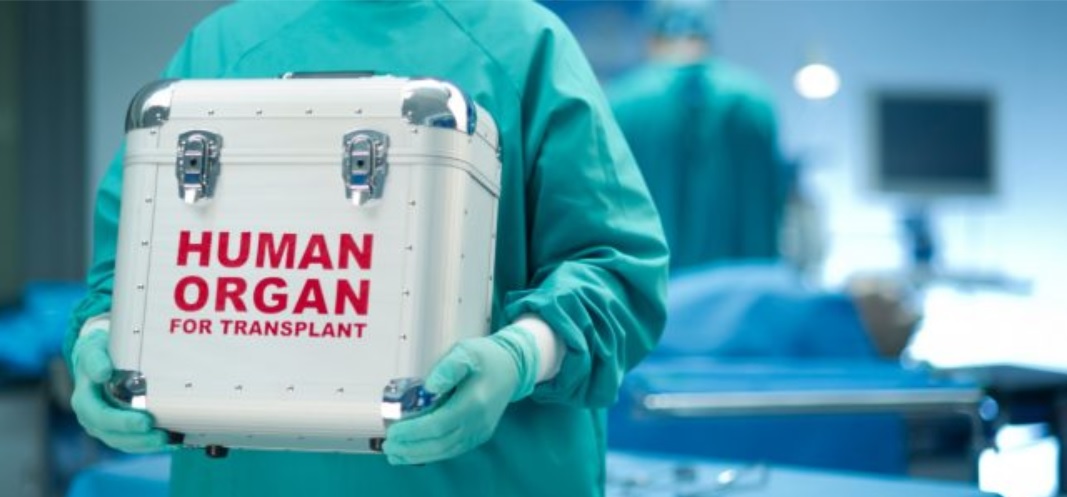
Healthcare poses a variety of challenges to public institutions all around the world. Healthcare systems are seeking new solutions for ensuring long-term sustainability and improved healthcare outcomes. On the one hand, sustainability is threatened by the improvement in outcomes itself, as we assist to an increasing “chronicization” of diseases that once would have been causing the patient to rapidly pass away, causing a surge of associated costs of care, as per the well-known medicine paradox. On the other, the care process is shifting toward prevention rather than treatment, but improved coordination and better and secure usage of individuals’ data is still needed. Ultimately, optimal treatments need to be personalized and patient-specific, leveraging the growing wealth of data available on the individual patient, thanks to wearable devices, IoT, apps, and cheap genomic sequencing.
These megatrends can be summarised by the 4Ps medicine paradigm: preventive, predictive, personalized and participatory.
Blockchain has been recognized as an ideal companion for supporting this transformational process, and many use cases are nowadays being piloted, spanning from secure health data management, to drug counterfeiting, improved clinical trial management, and public health monitoring (e.g. for vaccines and epidemics monitoring and management).
The GBA healthcare working group is committed to gathering the most interesting use cases of the blockchain technology in the healthcare sector, with special attention to an already existing successful initiative in the field.
The first project the working group will focus on is in the field of donation (blood, tissues, organs). Donation in the field of healthcare is of utmost importance and is a very delicate process not only from the pure medical point of view (e.g. compatibility, availability, etc.) but also in a variety of other aspects (e.g. ethics, personal choices, management of the lists of recipients, etc.). The blockchain technology could help to improve the process, by providing a more reliable and easy way to check compatibility among donors and recipients, a facilitated way to match availability with demand, and secure tools for storing personal choices (e.g. willingness to donate) together with key health information useful in the most serious situations, where time is a critical factor.
One of the GBA partners, DHONOR Blockchain, is a non-profit organization aiming at leveraging the technology to support millions of patients in need of an organ to get access to organs from drivers deceased in traffic accidents, at the same time assisting the families of the deceased in the donation process. The system provides a way to anonymously enlist for an organ, at the same time providing hospitals a way to facilitate the gathering of organs from deceased patients, allowing the easy verification of the donors’ consent. The overall system also improves transparency and traceability of the whole donation process, thus helping in the fight against phenomena like organ trafficking.
In cooperation with DHONOR , and welcoming other initiatives and institutions in the field to join the effort, the GBA healthcare working group aims at investigating the most effective ways for introducing such an innovation in the local communities around the globe, expanding the network of users and partners, while also designing appropriate strategies for maximising acceptance and adoption (considering the relevant cultural and organisational challenges), at the same time raising awareness among stakeholders (in particular citizens willing to donate, families, clinical centres, and decision makers). Additionally, the WG will also take care of considering the possible improvement of the technological solutions, and its possible combination with other services for amplifying the impact and help millions of patients all around the world.
GBA and DHONOR, together with all their partners, aim at having a positive impact on the life of people, and we are glad to announce that this quest has just been started!
Participation in this project is open to all www.GBAglobal.org members. For more information, contact:
- Maria Marenco, London / Sweden
- Mirko De Maldè, Italy
- Brennan Bennet, USA


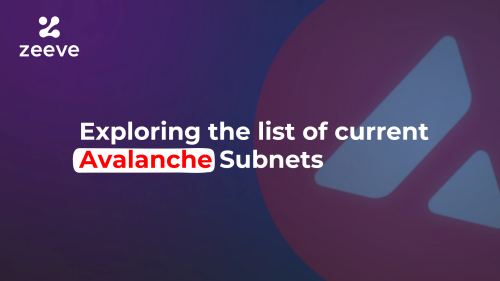
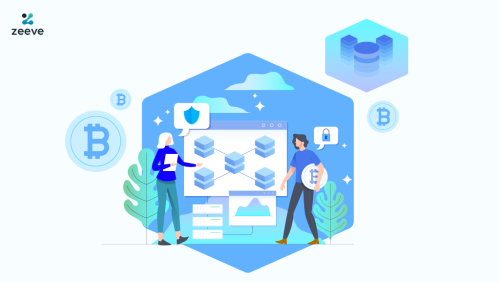
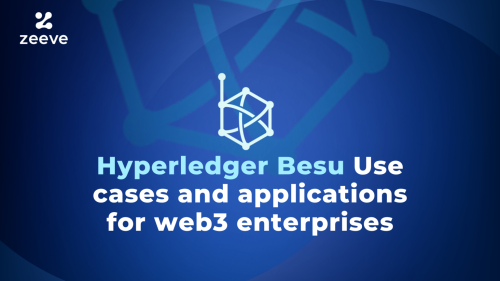
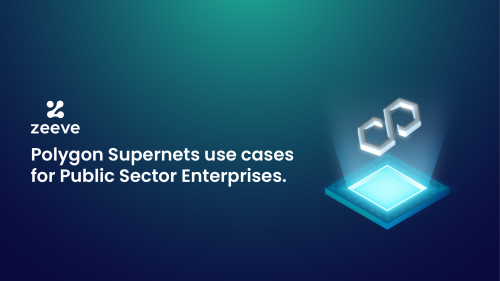
Responses